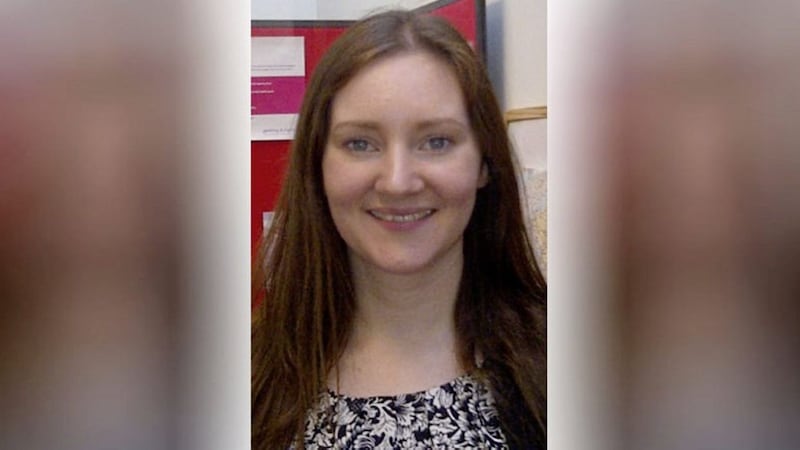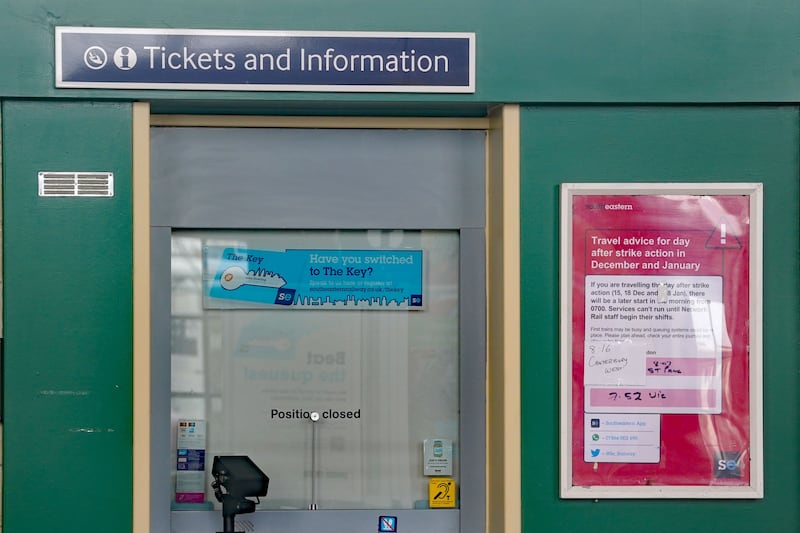SOARING costs and cuts to financial support are affecting the health of disabled children and their parents across Northern Ireland, a charity has warned.
And Contact, which spoke to more than 100 families for its Counting the Costs survey, is calling on government to do more to help.
It found that the number of disabled children going without essential therapies has more than doubled to 30 per cent since 2014.
Twenty-three per cent of families said their child’s condition had worsened due to going without basics and 49 per cent of parents said it had made them unwell.
The survey also concluded that 22 per cent of children are going without specialist equipment while more than a quarter of families have extra disability costs of £300 plus per month.
It was not just specialist things families were missing out on, with 38 per cent going without birthday and Christmas presents.
Lindsay Wallace, Northern Ireland manager at Contact, said essential therapies and equipment "are not luxuries".
"They are essential to keep disabled children well and able to do everyday activities that others take for granted like eat, talk, leave the house and go to school," she said.
Contact is calling for a restored assembly to prioritise the needs of disabled children, increased financial government support and flexible working arrangements.
Louise Marron from Portglenone is mum to seven-year-old Peter who has autism and ADHD. She said: “Peter used to get behaviour and speech therapy through a charity but funding ceased so he’s now without that.
"We feel lost without it, but it’s so expensive to pay for something like that privately, we just can’t afford it at the moment."








